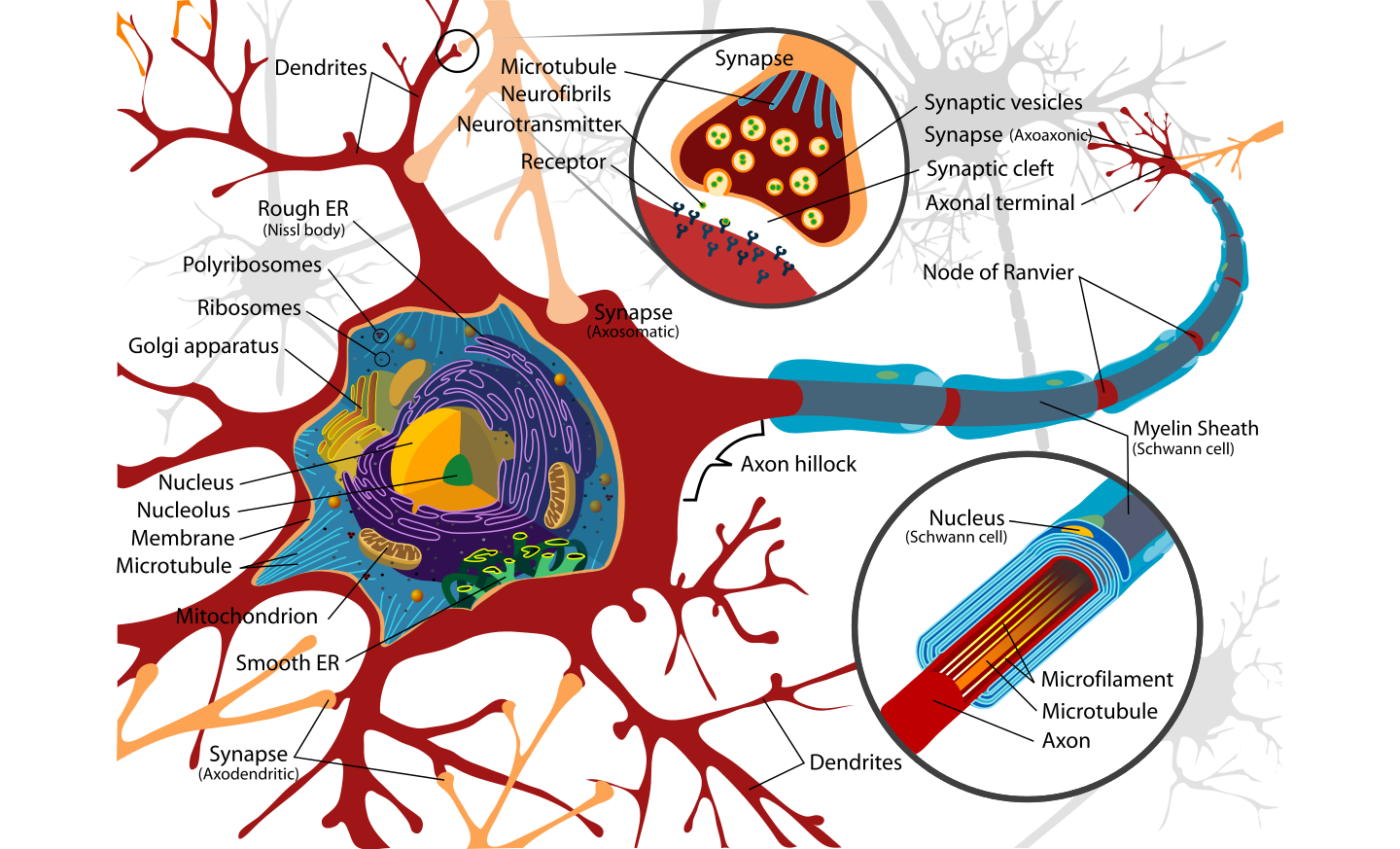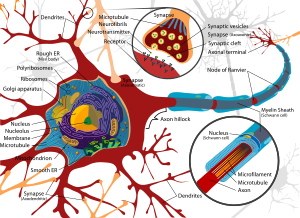

The Epilepsy Research UK organization has provided £133,755, over 30 months, to explore a more in-depth study involving these two approaches a project entitled Preventing seizure induced cell death by NADPH oxidase inhibition and Nrf2 induction.
The research team will be using techniques to compare which of the two approaches is the most effective at preventing seizure-induced neuronal death and study longer-term consequences. Approach A will inhibit a well know ROS producing enzyme known as NADPH oxidase, and approach B enhance the activity of Nuclear factor eythroid 2-related factor 2 (Nrf2 – a key regulator of antioxidant defenses). Their research will study whether the therapies (alone and in combination) can prevent seizures following a brain trauma, and are effective in preserving memory. This study hopes to identify new treatments to prevent seizures and reduce damage to the brain.
Please validate any information here with a healthcare professional. The content is provided for education purposes, This content has not been evaluated by the Food and Drug Administration. Any advice or products mentioned is/are not intended to diagnose, treat, cure, or prevent any disease,










